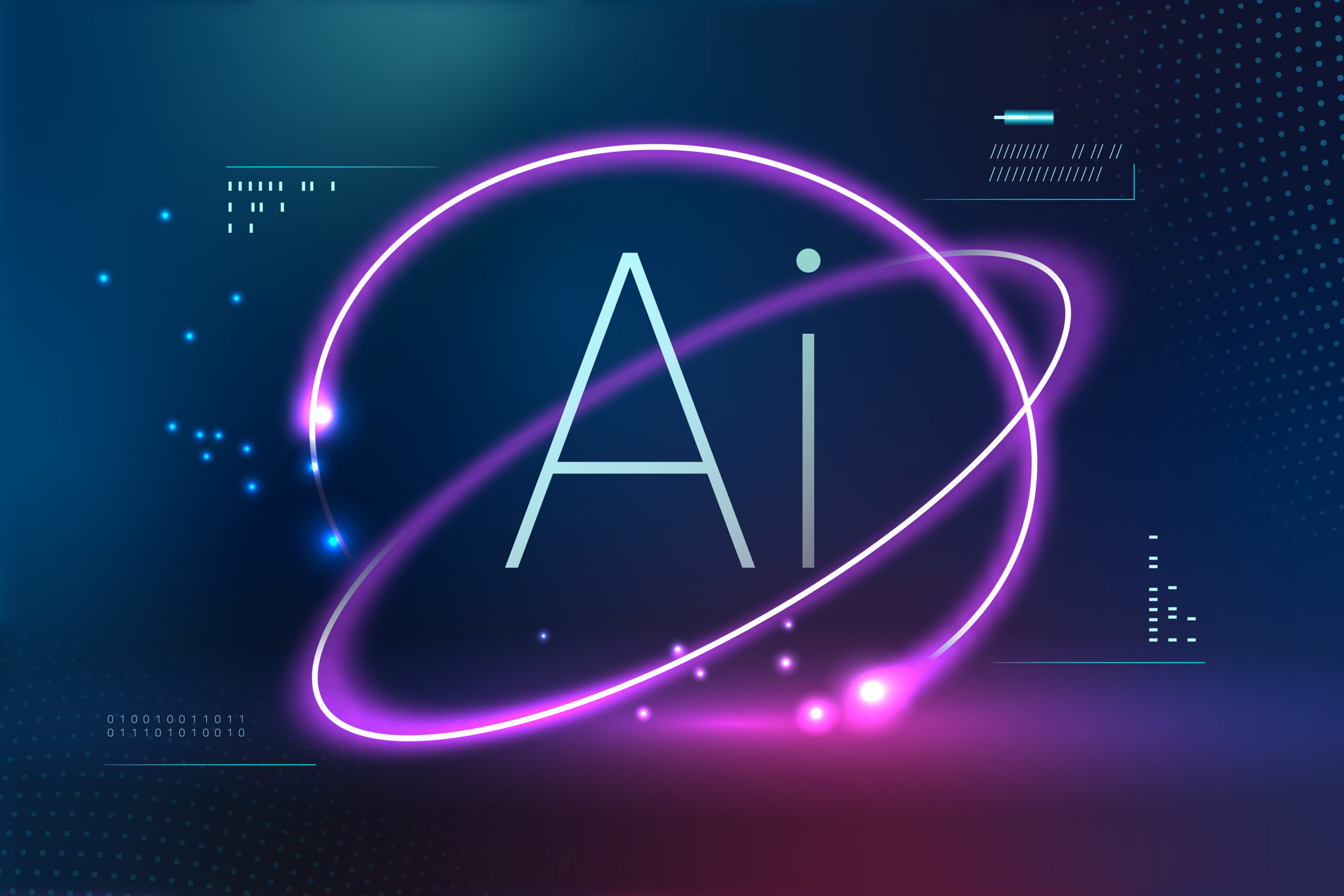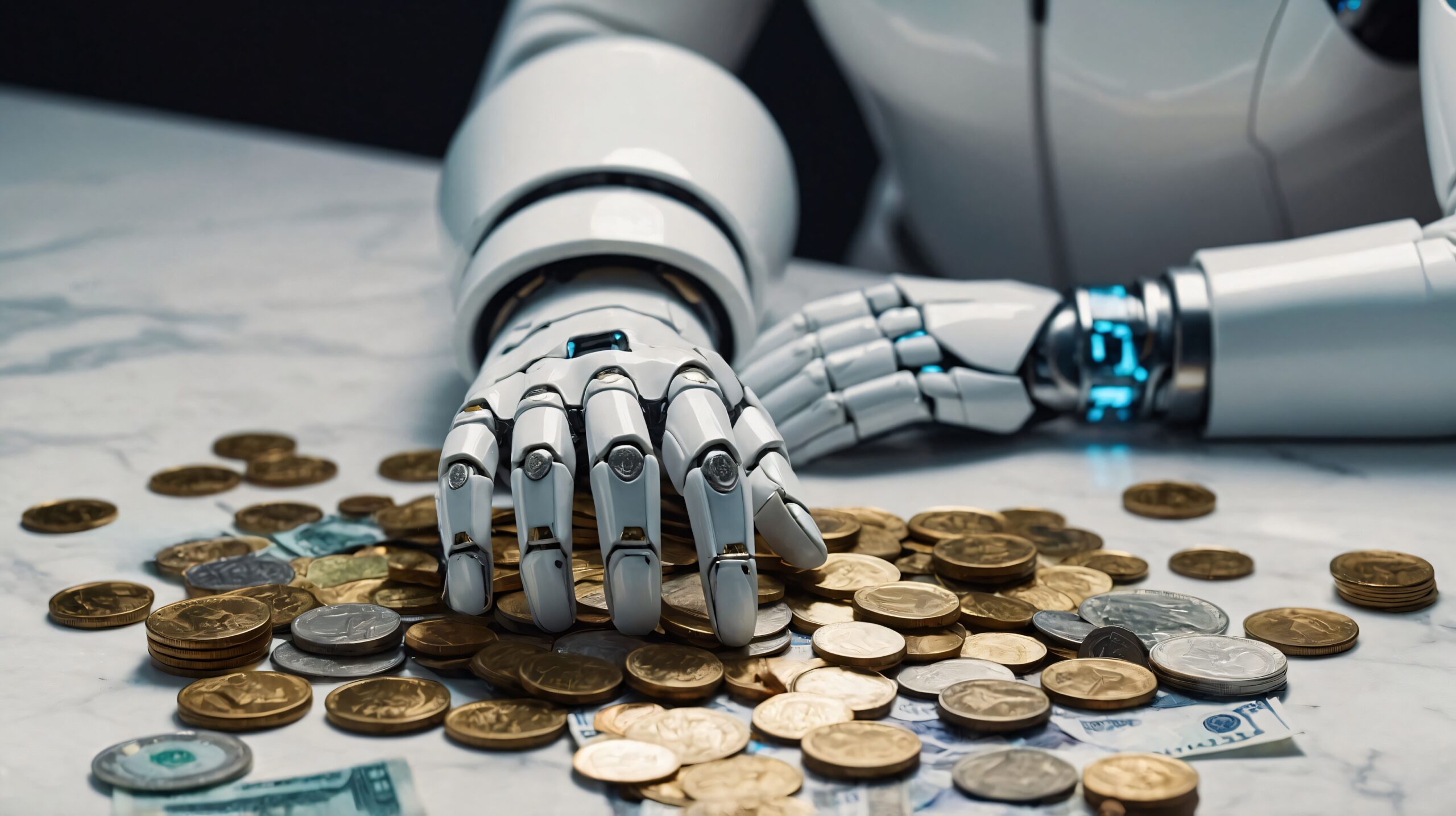For decades, finance departments have lived by spreadsheet and suffered by spreadsheet. Manual reconciliations, endless data entry, nerve-wracking audits—all the stuff nobody brags about at dinner parties. “Automating finance,” the industry’s dream scenario, has always been hamstrung by a tradeoff: fast and accurate, or deep and compliant—rarely both.
In 2025, AI agents are quietly modernizing those rules. Forget about those clunky macros or dumb bots that we used before; today’s AI-driven automation workflows are reasoning, adapting, and generating reports as autonomously as a junior accountant The result? Back offices moving 80% faster, audit risk falling near zero, and finance teams freed for real strategy. But as the hype grows, who’s actually delivering—and how do these agents reroute the very DNA of finance?
Let’s dive in.
The Old Workflow: Pain Points, Pitfalls, and Plenty of Human Error
Back in the not-so-good-old days, finance teams spent hours (often days) reconciling differences. Invoice audits involved cross-checking thousands of transactions and combing through mismatches—mistakes inevitable and fraud detection a late-night Hail Mary.

- Data entry: Tedious manual updates, open to typo or duplication
- Invoice matching: Two- and three-way matching of invoices, POs, receipts—sometimes done line-by-line
- Audit struggles: Documentation and compliance checks scrambled at year-end or when the auditors arrived
It all added up to “reactive” finance, slow decision-making, surprising audit findings, and little time for value-added work.
Enter Autonomous AI Agents: Realtime, Reasoning, and Reliable
This year, global investment in AI for finance automation is set to top $200 billion. Why the rush? Autonomous AI agents, fueled by advanced language processing and anomaly detection, are now the backbone of smart finance departments.
Key Innovations Driving Change
- AI Invoice Auditing:
Autonomous agents scan, extract, and validate invoice data against purchase orders and vendor records, triggering workflows for exceptions—and flagging duplicates or errors before payment goes out. Sub-agents can even check for compliance with tax laws, SOX controls, and e-invoicing mandates, automatically logging every step for audit readiness. - Data Reconciliation and Report Generation:
Agents reconcile daily and monthly accounts by tapping real-time bank feeds and ledgers, closing books at warp speed. Exception management gets smarter too—AI resolves routine discrepancies and proposes solutions for more complex mismatches, letting finance pros skip manual grunt work. - Fraud Detection and Compliance:
By integrating cross-enterprise databases, fraud-detecting agents spot suspicious transactions automatically, reducing fraud exposure and improving peace of mind for controllers. - Smart Approval Flows:
AI brings adaptive logic to budget approvals, routing requests to the right reviewer, escalating stalled invoices, and sending reminders—so payments stay on track and compliance never gets “lost in the shuffle”.
Real-World Impact: Numbers That Matter
The shift isn’t hypothetical. In 2025, companies using AI finance automation report:
- 80%+ faster back-office processing—some tasks drop from hours to seconds
- 60–70% cost savings compared to manual document handling
- Near-real-time compliance accuracy, minimizing audit risk
- 90% of finance teams will deploy at least one AI-enabled solution by 2026
- 75% of finance leaders expect agentic AI to become routine
Relatable Example:
Picture Lisa, the Controller at a fast-growing SaaS company. Months ago, she dreaded month-end closes: a blizzard of spreadsheets, reconciling three bank accounts, sweating through supplier statements. Today, her AI agent connects directly to all data feeds, highlights anomalies, offers automatic solutions (for most variances), and logs every step for audit trails. For Lisa, month-end is now a coffee break, not a panic.

Not Just Automation—But Augmentation
What separates today’s AI agents from old-school bots? Reasoning. These aren’t just “if X then Y” automations; they leverage large language models, blend macroeconomic data with your internal sales, and proactively suggest investment tweaks or flag cash flow hiccups.
- AI agents continuously monitor finance activity, triggering workflows for anomalies—even before human prompts
- **Parallel analysis of market trends and portfolio risks can identify missed opportunities or suggest custom investment plans **
Challenges: Don’t Believe the “Magic Box” Hype
AI finance automation is powerful—but integration is tricky. Legacy ERP and accounting systems don’t always “play nice” with AI. Data quality, privacy controls, onboarding, and clear governance matter. Before jumping in, smart teams:
- Audit their existing workflows closely
- Prioritize data integrity, privacy, and compliance
- Involve staff in defining agent logic and change management
The Future: Predictive, Strategic, and Even More Autonomous
Predictive analytics are the next wave. AI agents will forecast cash flow, mitigate risk, and even handle multi-element revenue recognition for complex contracts. By processing more variables in real-time, agents will boost forecasting accuracy and cut uncertainty for finance leaders.
And those annual audits? Expect real-time compliance logs and automated report generation, giving teams instant insight and happy auditors.
Conclusion: From Grunt Work to Growth
AI finance automation isn’t another “robotic replacement.” Autonomous AI agents are freeing finance teams from the yawn-inducing and nerve-racking stuff—auditing, reconciliation, reporting—so people can spend time on real strategy, negotiation, and analysis.
It’s not about outsourcing judgment. Instead, it’s letting smart systems do what they do best: analyze, detect, and learn, so humans can focus on growth and innovation.
If you’re ready to escape spreadsheet purgatory and finally see finance as a strategic partner in the business—not just a back-office cost—now is the time to explore autonomous AI agents. They’re not perfect, but they’re rewriting the rules. And in 2025, the future is efficient, insightful, and surprisingly human.
Ready to make your finance team future-proof? Share this with your CFO, and maybe—just maybe—your next audit will feel like a breeze instead of a storm.
What exactly are autonomous AI agents in finance?
They’re software systems powered by advanced language models and anomaly-detection algorithms. Unlike traditional bots, they reason, adapt to new data, and independently complete workflows like reconciliation, approvals, and audit preparation.
How are AI agents different from old RPA or macros?
RPA follows rigid “if-this-then-that” rules. Macros break when the input changes. AI agents evaluate context, detect edge cases, and choose actions dynamically—closer to how a junior analyst thinks rather than how a script executes.
Do these AI agents replace accountants?
No. They eliminate repetitive work, not judgment-driven tasks. Humans still own strategy, scenario planning, compliance interpretation, and financial decision-making. AI simply reduces manual burden and error exposure.
How accurate are AI-driven reconciliations and audit checks?
Accuracy depends on clean data and good system integration. In companies with reliable datasets, agents routinely hit near-perfect validation rates because they compare transactions across multiple sources in real-time.
Are AI agents safe for sensitive financial data?
Yes—if implemented correctly. Enterprise-grade setups use encrypted data, role-based access, and on-prem or private-cloud deployments. The real risk isn’t the AI—it’s poor governance or sloppy data plumbing.

